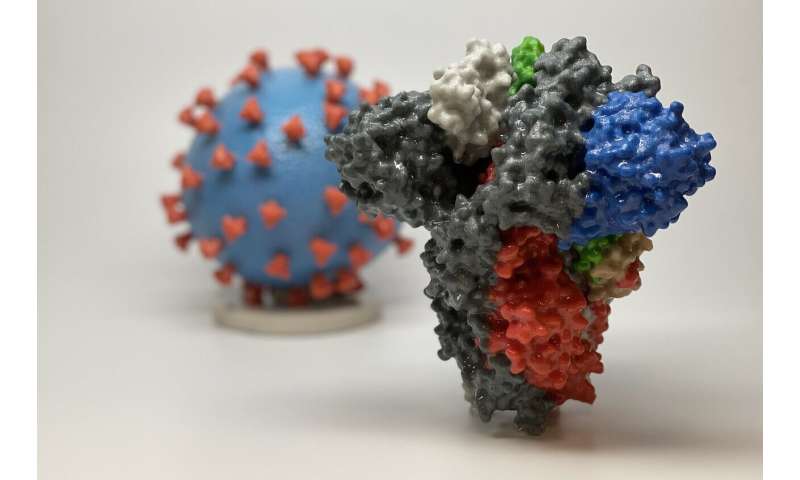
University of Minnesota Medical School and UnitedHealth Group researchers found that metformin was associated with significantly reduced COVID-19 death risks in women in one of the world’s largest observational studies of COVID-19 patients.
Metformin is an established, generic medication for managing blood sugar levels in patients with type 2 diabetes. It also reduces inflammation proteins like TNF-alpha that appear to make COVID-19 worse.
The study, published in The Lancet Healthy Longevity, is a retrospective cohort analysis based on de-identified patient data from UnitedHealth Group. The team analyzed about 6,000 individuals with type 2 diabetes or obesity who were hospitalized with COVID-19 and assessed whether or not metformin use was associated with decreased mortality. They found an association that women with diabetes or obesity, who were hospitalized for COVID-19 disease and who had filled a 90-day metformin prescription before hospitalization, had a 21% to 24% reduced likelihood of mortality compared to similar women not taking the medication. There was no significant reduction in mortality among men.
“Observational studies like this cannot be conclusive, but contribute to growing bodies of evidence. Seeing a bigger association with protection in women over men may point towards inflammation reduction as a key way that metformin reduces risk from COVID-19. However, more research is needed,” said principal investigator Carolyn Bramante, MD, MPH, who is an assistant professor in the Department of Medicine at the University of Minnesota Medical School. “A large database covering different geographic areas is rarely available. We were fortunate to have the opportunity to do this research alongside UnitedHealth Group.”
“While effective therapies to mitigate the harm of the SARS-CoV-2 virus are being developed, it is important that we also look to, and evaluate commonly used medications with good safety profiles for their potential to combat the virus,” said Deneen Vojta, MD, executive vice president, Enterprise Research and Development, UnitedHealth Group.
Source: Read Full Article
